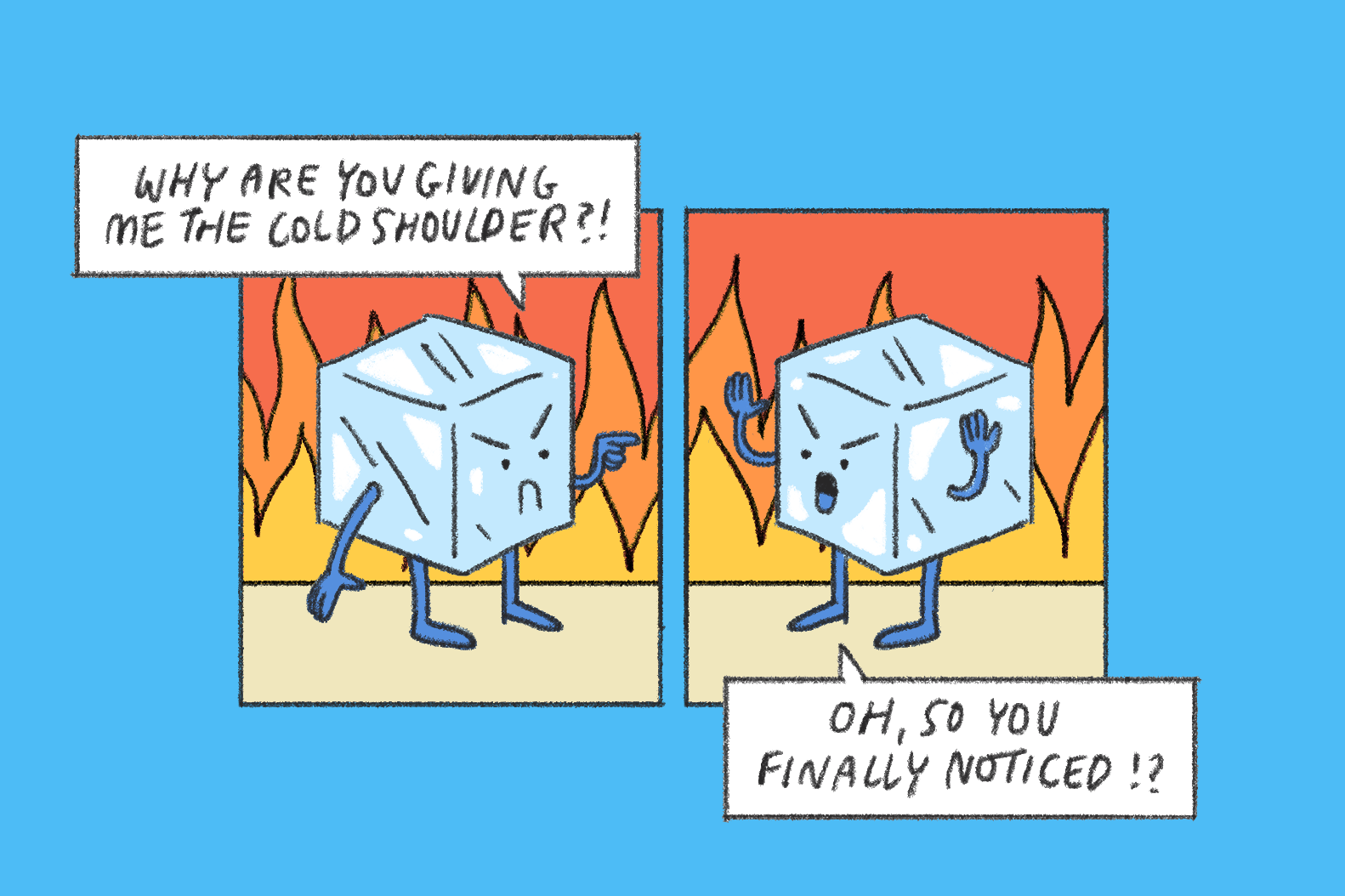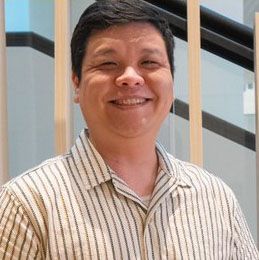What do you consider to be a conflict? Many think that a conflict probably involves a lot of screaming, shouting, holding strong feelings against each other or giving the cold shoulder to one another.
When you google “conflict between friends”, many images reflect an unwillingness to talk to each other. Others reflect strong tensions, angry-looking eyes, fingers pointing at one another and a desire to fight.
Since such strong emotions are tied to conflict, it is no wonder many of us want to avoid conflict. It can be overwhelming, it can bring up many strong emotions and it can result in bad outcomes.
Yet, conflict is part of the human experience. Everyone has different views, opinions and ways of expressing them.
When we live and relate to others, we may encounter differences in our views and opinions, as well as how to share them.
When someone expresses their views (be it through words or actions) and it ends up rubbing us the wrong way, we might get emotionally triggered. This is the beginning of a conflict.
love involves speaking truth into each other’s lives, which might inevitably escalate the conflict further.
During my secondary school days, I always felt that I would be on the losing end when it comes to conflict. That made me decide to avoid all conflicts.
Now, I recognise that choosing to adopt a blanket approach of “I will avoid conflict” is not a healthy one, especially in friendships and relationships where we are meant to love and support one another.
Sometimes, love involves speaking truth into each other’s lives, which might inevitably escalate the conflict further. So, how then can we have better conflicts with people? Here are three things you can consider!
1. Recognise it’s (possibly) a conflict
It is important to recognise the possibility you are in a conflict. I remember a few times when I didn’t even realise I was in a conflict.
When I was speaking loudly with a colleague over a point we disagreed upon, my colleague said that we were arguing. But I said I was only speaking loudly.
Another time, I tried to connect more with a friend. But he seemed resistant in connecting with me, or avoiding me even.
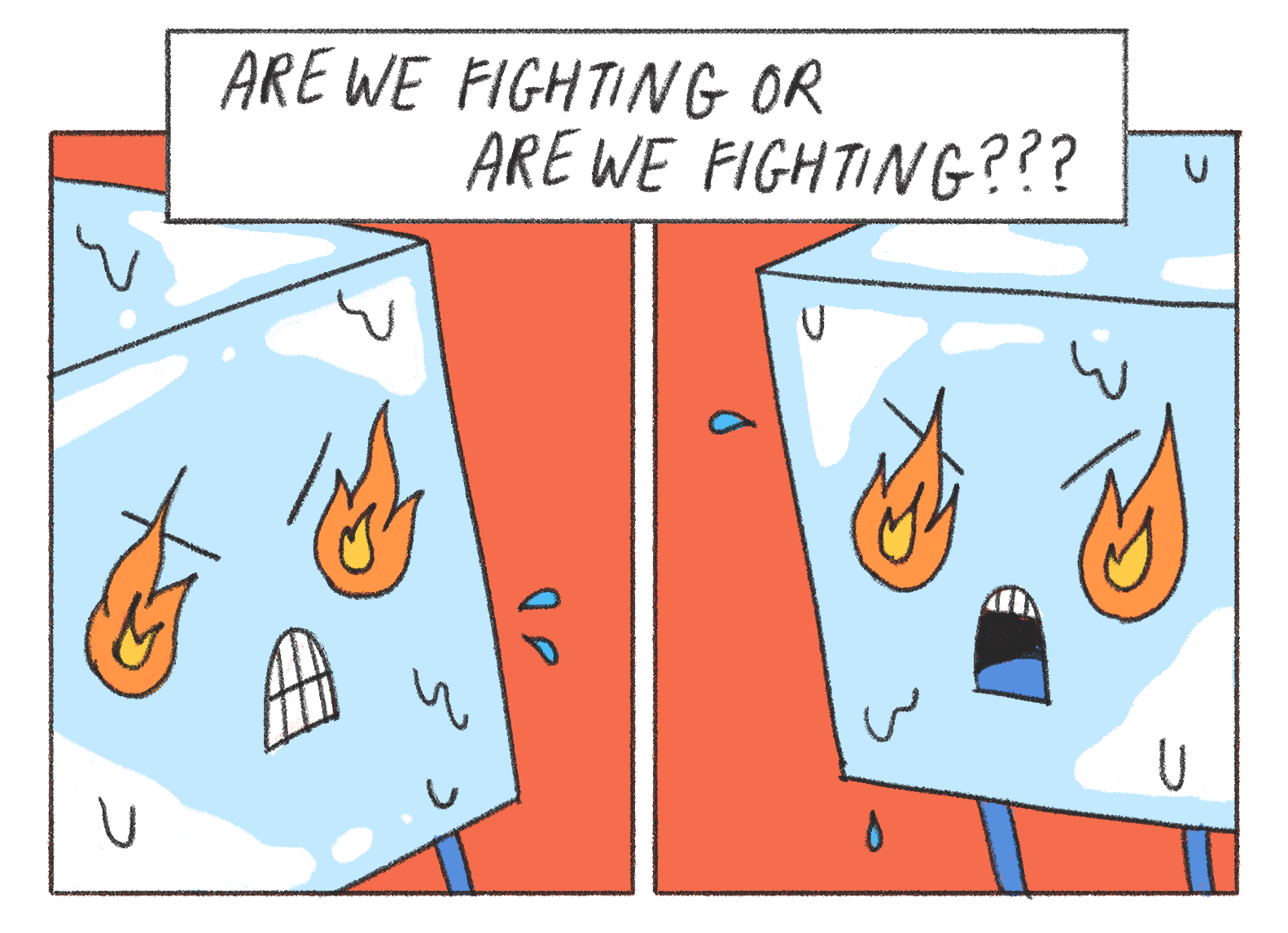
When I was in these situations, it did not occur to me then that these were conflicts. I had lacked experience with conflicts and they were new experiences for me.
Thinking about it now, it is easier to recognise that people have a “fight” or “flight” approach towards conflict.
Some people are more willing to approach and talk about a situation, whereas others prefer to withdraw and not to talk about it.
Recognising the different way in which a person relates to you, due perhaps to a difference in opinions, can help you recognise that something has shifted in your relationship, and that you might be in a conflict.
2. Decide on the outcome you want from the conflict
If conflicts are unavoidable, then the next best thing is to know what kind of conflict you are hoping to have and what kind of outcome you desire for the friendship.
The most common form of a conflict commonly portrayed in mass media is that one gets really angry and loses control, they do or say something that demonstrates their unhappiness and then they leave.
If you do this in a conflict with a friend, the friend will very likely choose to fight back or not speak with you again. What then will you have gained out of this conflict? This type of conflict escalation is the one that is most unproductive and destructive.
Or, in another case, one can feel offended by the friend, and react by choosing not to engage with the friend entirely. The decision to not engage will result in the distancing or ending of the friendship.
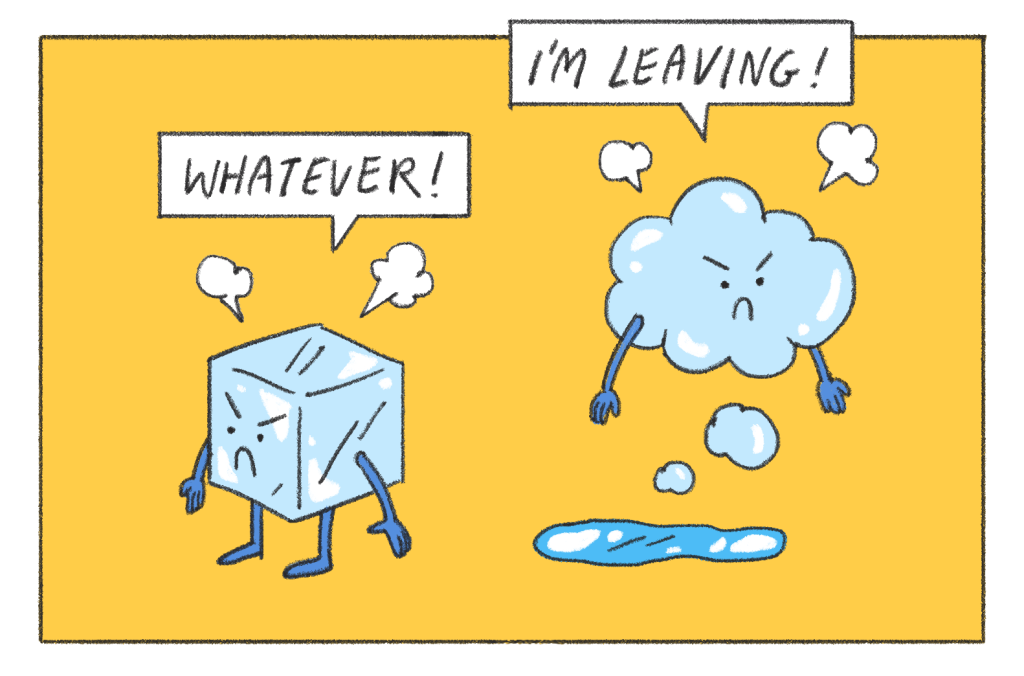
Conversely, imagine that you know that the conflicts you have can actually mutually improve the friendship. You want to give the other person a chance to share their point of view, and are open to figuring out what will be better for your friendship moving forward.
As you share about the conflict, it is focused on the actions related to the conflict and not so much the other person. You are fighting against a problem, not against each other. Your conflict is no longer a personal attack towards each other.
This is how you both “win” in a conflict.
3. Managing what’s next after a conflict
Several things can happen after a conflict. Some people continue talking about the conflict because some issues are still unresolved.
Some people continue on in their friendship but never mention the conflict again. Some choose to talk about the conflict after a while as a key memory in the friendship. Some keep each other accountable for what they agreed to change after the conflict.
Of course, some people may never speak to each other again.
What happens after the conflict can give you a sense of how much you and your friend value the friendship.
Communicate about your expectations from here on. Make effort to grow on the problem areas that are prone to causing conflicts. While it may not fully deter the same conflicts from repeating, it can give you an indication of how to manage future conflicts.
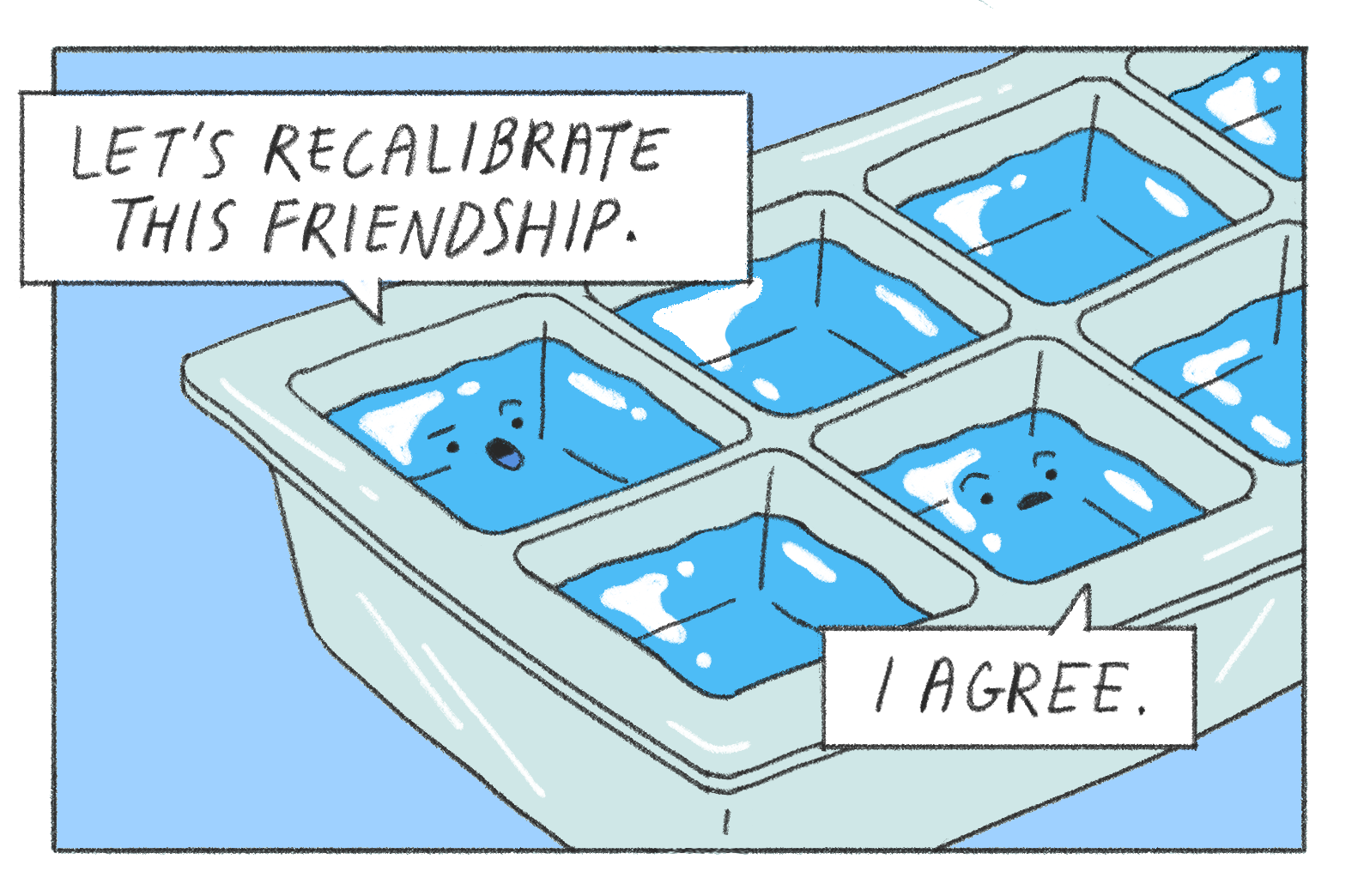
I hope that these three handles can give you more insight on managing friendship conflicts healthily.
For me, conflicts are also a reminder of our humanity, where we may still unintentionally cause hurt to each other.
Yet, I know I have the Holy Spirit within me to remind me always of God’s grace in my life. This enables me to forgive myself and others, and strengthens me to love others even when it is difficult. May His love continue to spur you on too.
Gilbert Yeo is an aspiring social entrepreneur specialising in friendship coaching. He was in the social service sector for the past seven years prior to founding FELT – a community service aimed at providing coaching and befriending experiences to support youth and young adults in tackling the prevalent issue of loneliness.
Their pilot run of “Navigating Adult Friendships” held in collaboration with Centre for Community Wellbeing happens on 31 August 2024. Find out more on their Instagram page.


